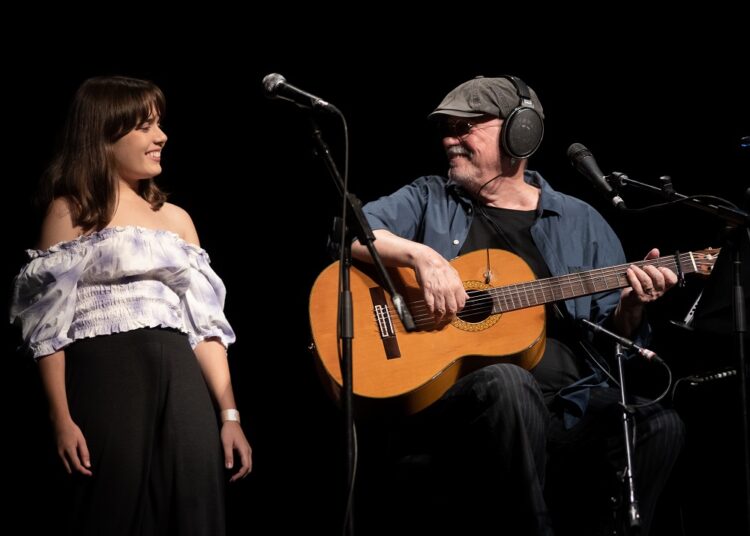When I started this column I knew that at some point I would want to publish some short interviews with musicians and artists. Today I inaugurate this small “segment” of questions from home, together with an absolutely essential person in my life: my father, Silvio Rodríguez.
In the conservatories we have a study plan. In the first years we become familiar with the instrument, they teach us solfeggio, musical theory, music history and later harmony. You are a self-taught musician, how was your learning process? Do you think it makes a difference?
At the age of 7 I took some piano lessons with Margarita Pérez Picó, who had a music conservatory called La Milagrosa on San Miguel Street, a few meters from where I lived. Although I didn’t have a piano at home, she allowed me to go to study at her house every day, so I was able to make some progress. But for family reasons I had to abandon that learning very soon.
At 16 I tried to take up the piano again with the teacher Amelita Fabré, but not having an instrument at home I made little progress. A few months later, in 1964, I was called up for military service. In one of the units I was in, I met another recruit, called Esteban Baños, who had a guitar. With him I began to learn the first chords and I was so interested that when I was given my first pass I went out to look for ― and got ― a guitar.
From then on, every moment I was alone, I grabbed the guitar and started practicing. Since I read a lot, I had literary interests and I think that made me want to express myself. From then on, every time I learned a chord, a passage, some little trick on the instrument, I wrote a song.
In my first years as a professional I tried to study the guitar with some teachers. The first one I went to, thanks to Enrique Núñez Rodríguez, was Vicente González Rubiera, better known as Guyún. This master of trova, friend of Sindo Garay and many other greats, told me that no way would he touch my hands. Sometime later, when the Grupo de Experimentación Sonora (GES) started, Leo Brouwer told me more or less the same thing. It’s that, by dint of playing alone, I already had my habits (my vices).
At that time I remember having taken two classes with Leopoldina Núñez, who lived in Centro Habana, near my mother. But I didn’t go to the third; the truth is that I couldn’t stand the changes that that learning implied. I think I understood many things about the guitar by watching Martín Rojas play, but I must admit that I’m just self-taught.
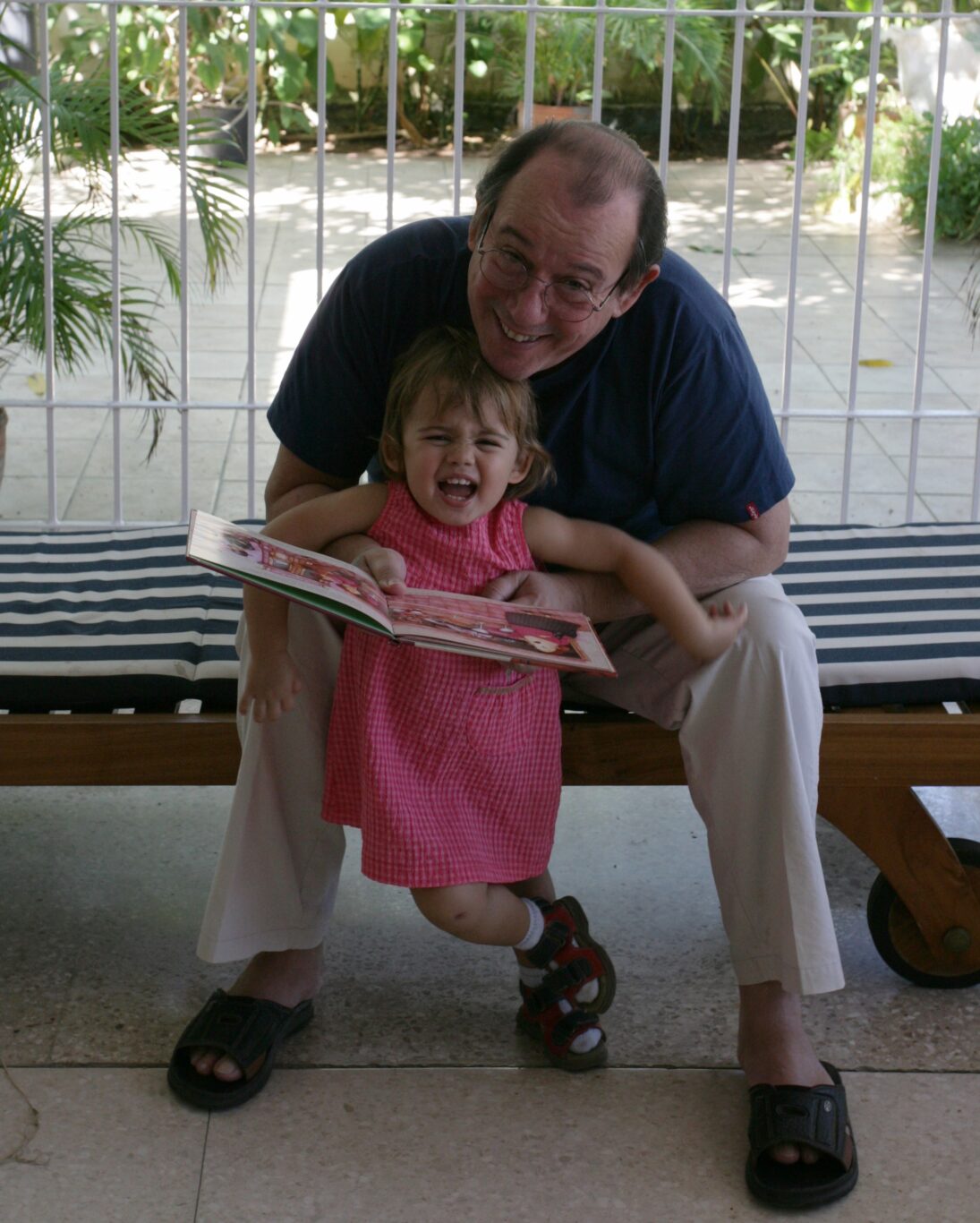
Do you feel that your success came overnight? Did you think at that moment that it would become so great? Was it something that got your hopes up?
From a very early age I was lucky enough to meet people who liked what I did. First, it was recruits, like me, who encouraged me to participate in the amateur festivals of the Revolutionary Armed Forces (FAR). The last straw was that, when I was about to be demobilized, I had the privilege of having an extraordinary musician like Mario Romeu notice those first short songs and sit me in front of the television cameras. It was something unusual, because the day before I was a recruit and the next I was being a televised singer-songwriter.
On the other hand, I believe that success, in any profession or circumstance, does not depend so much on being known as on getting close to what we consider well done, if not excellence. From the beginning, what I hoped for was making good songs, which continues to happen to me.
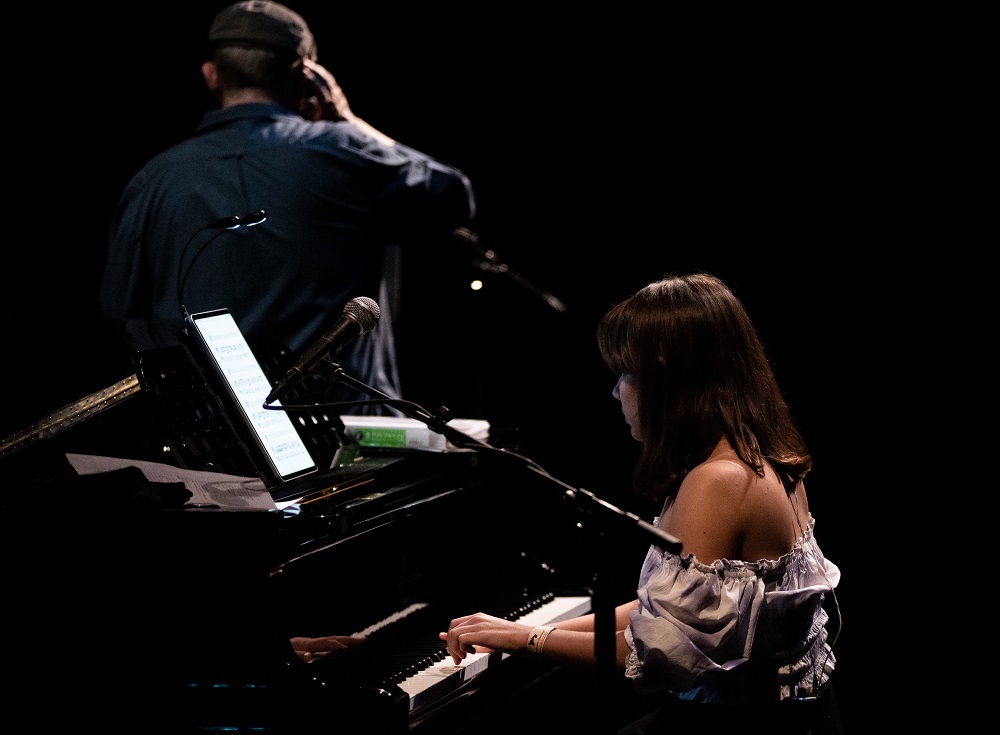
At what point did you realize that you were an internationally successful musician?
In 1970, Argentine director Pino Solanas included my song “La era está pariendo un corazón” in his documentary La hora de los hornos. In 1972 we were in Chile and Isabel Parra recorded some of my songs. Shortly after, Daniel Viglietti arrived in Cuba and recorded his album Trópicos with the GES, with the new song movement and Brazilian songs. In 1973, Soledad Bravo recorded “Santiago de Chile” with us.
All of these were important factors in international dissemination. I remember that in 1974, when I arrived with Noel Nicola to Santo Domingo for the 7 Días con el Pueblo festival, when we had just landed I saw a newspaper that on the front page said, more or less: “Finally, to whom is ‘Canción del Elegido’ dedicated?” It was a tremendous impact. I had to reread it several times to understand that they were talking about a song of mine.
Do you see the fact of being known internationally as an achievement or simply a consequence of your work? Is everything that it entails worth it?
I see it more as the consequence of persistence in work, because what happened to me in 1974 was after almost ten years of writing songs and five or six of having composed “Canción del Elegido.” If you enjoy what you do and this is dignified with rigor and self-demand, of course it is worth it. I don’t think it’s so much because of being applauded as because of having the feeling of having been able to be useful in some way, of being able to leave something that accompanies life.
You could say that musicians are self-employed. Have you had any work routine over the years when composing or studying?
Well, for me composing is a way of studying. Sometimes you have to go over ideas a lot; so much so that sometimes you have to take them apart to understand how you got to that point and how to continue. I could say that my main routine has been to be nonconformist, to give in to curiosity.
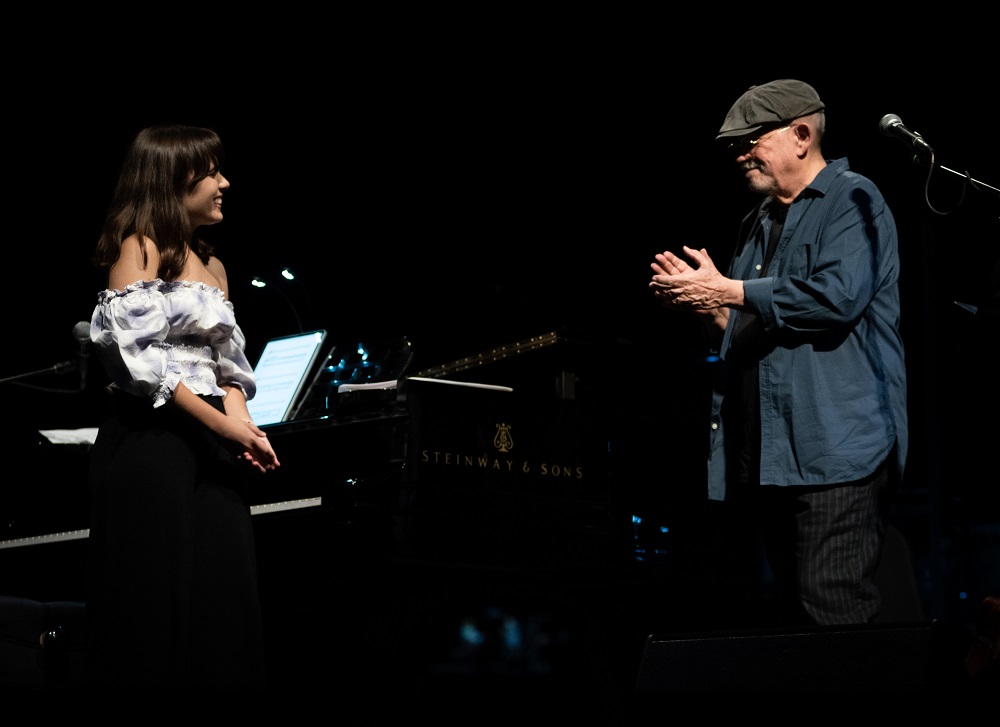
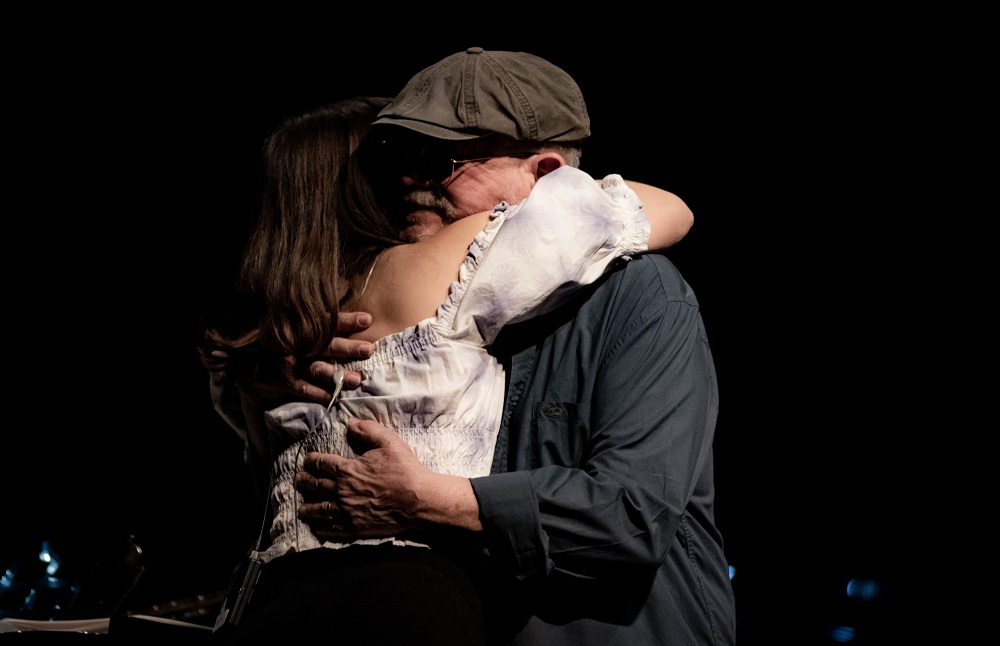
Playing live can be as rewarding as it is unpredictable. What is the craziest thing that has happened to you during a concert? How did you react?
The first time I forgot part of a text, it was chaotic. It was at the very beginning, I composed a lot of things and it was difficult for me to memorize everything. Since that day I use a notebook. There is also a video of a young woman who grabs onto the scarf I am wearing when they try to take her off the stage and I, half strangled, insist on continuing to sing. It seems like a humorous sketch.
Music producers can be a great disseminating vehicle for musicians; however, there are many cases in which this exchange ends up being unfair to the artists. Have you had any experience of this kind? What advice would you give to young musicians to protect themselves and their work?
When I started to travel regularly, in the mid-1970s, I had the experience of producers whom we saw changing cars and improving their houses every year. They told us that they had won raffles and things like that, until we realized that we were their lucky dwarfs. The truth is that the music and recording industry is based on commerce. In that world, as in the others, there is everything, from greedy merchants to people who believe in the arts.
They say that those who give advice are those who can no longer set bad examples, which is why I don’t like giving advice. Even so, I think that being well advised is always advisable. Therefore, before signing something that could be compromising, it is good to go to someone with experience or a specialized lawyer. Copyright societies also exist for that.
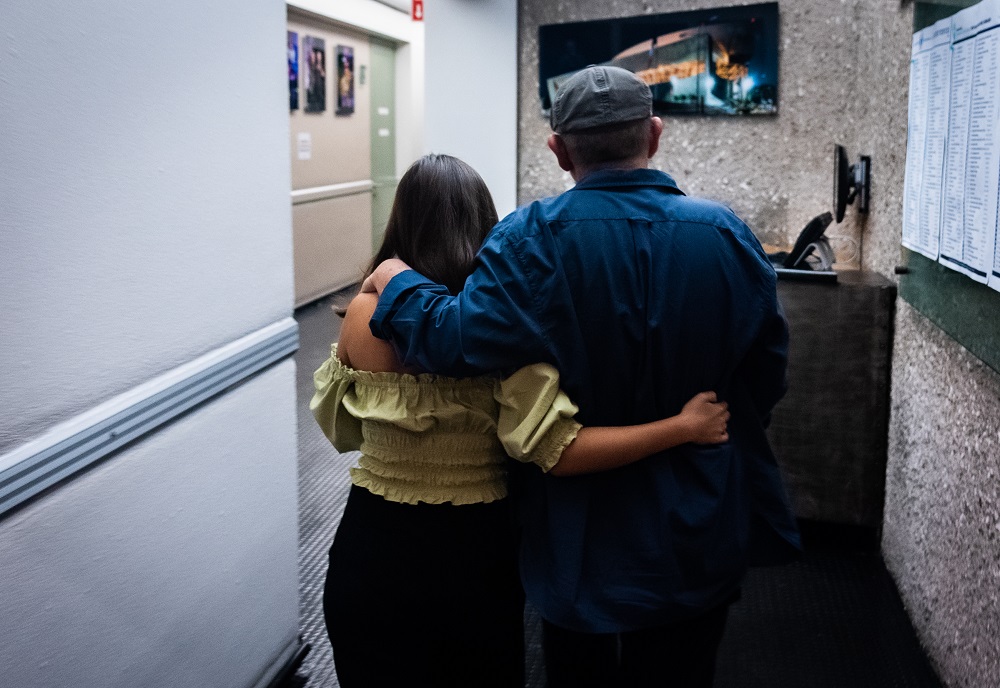
What is more important: talent or discipline? Why?
In my experience, you have to work. Talent is the spark, but art is not just a fire that floods the prairie. You have to learn to lead the fire so that we can be partners.

